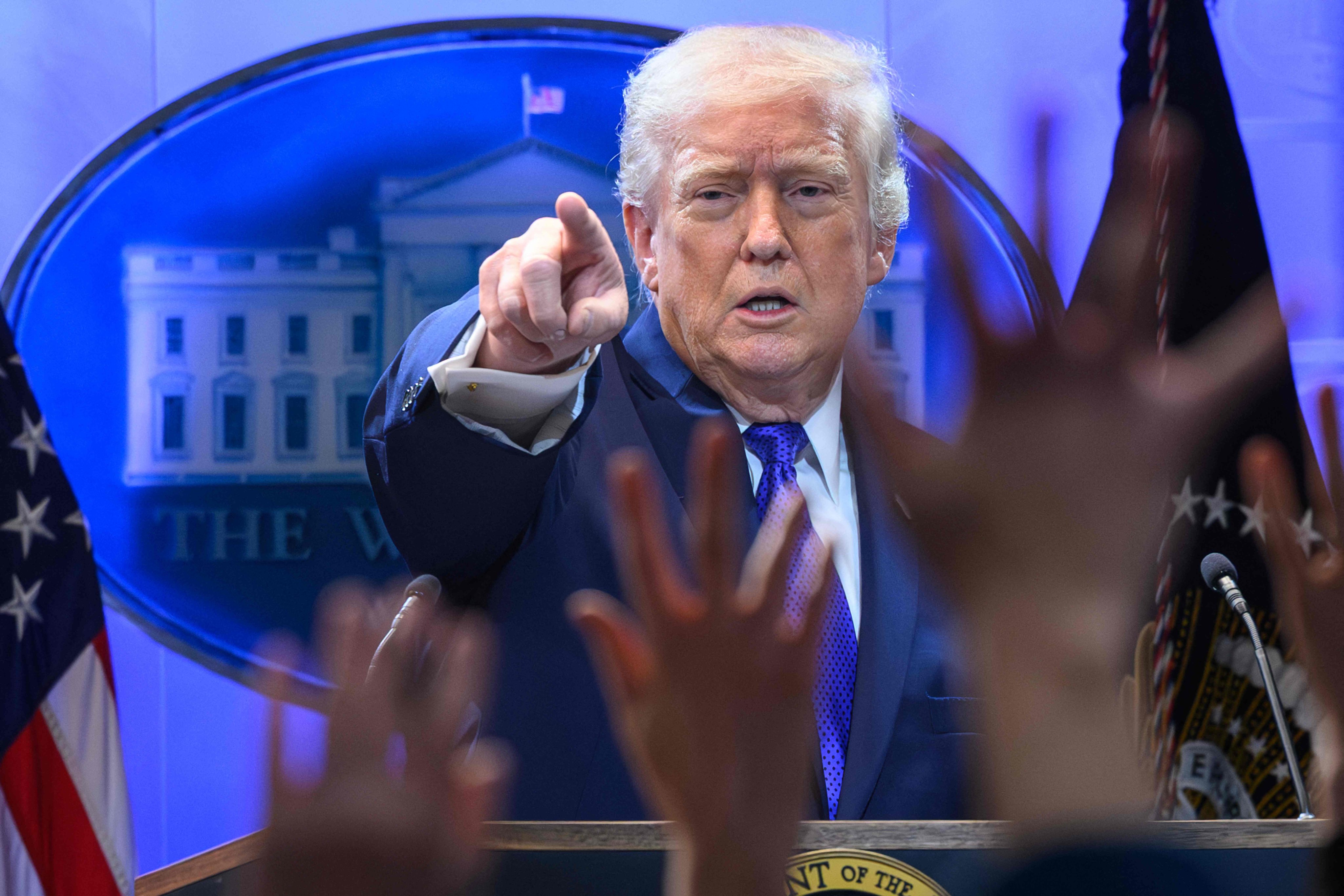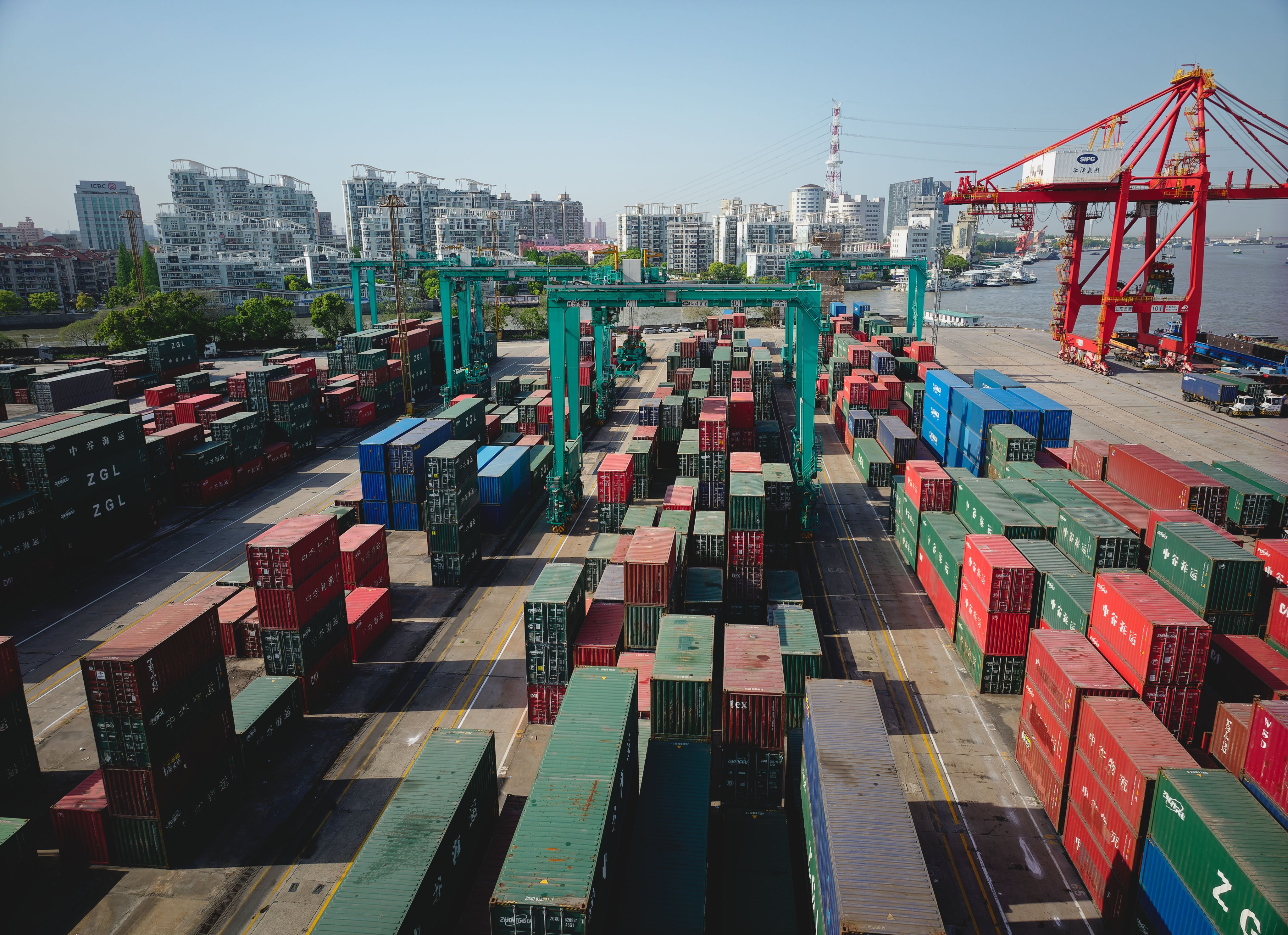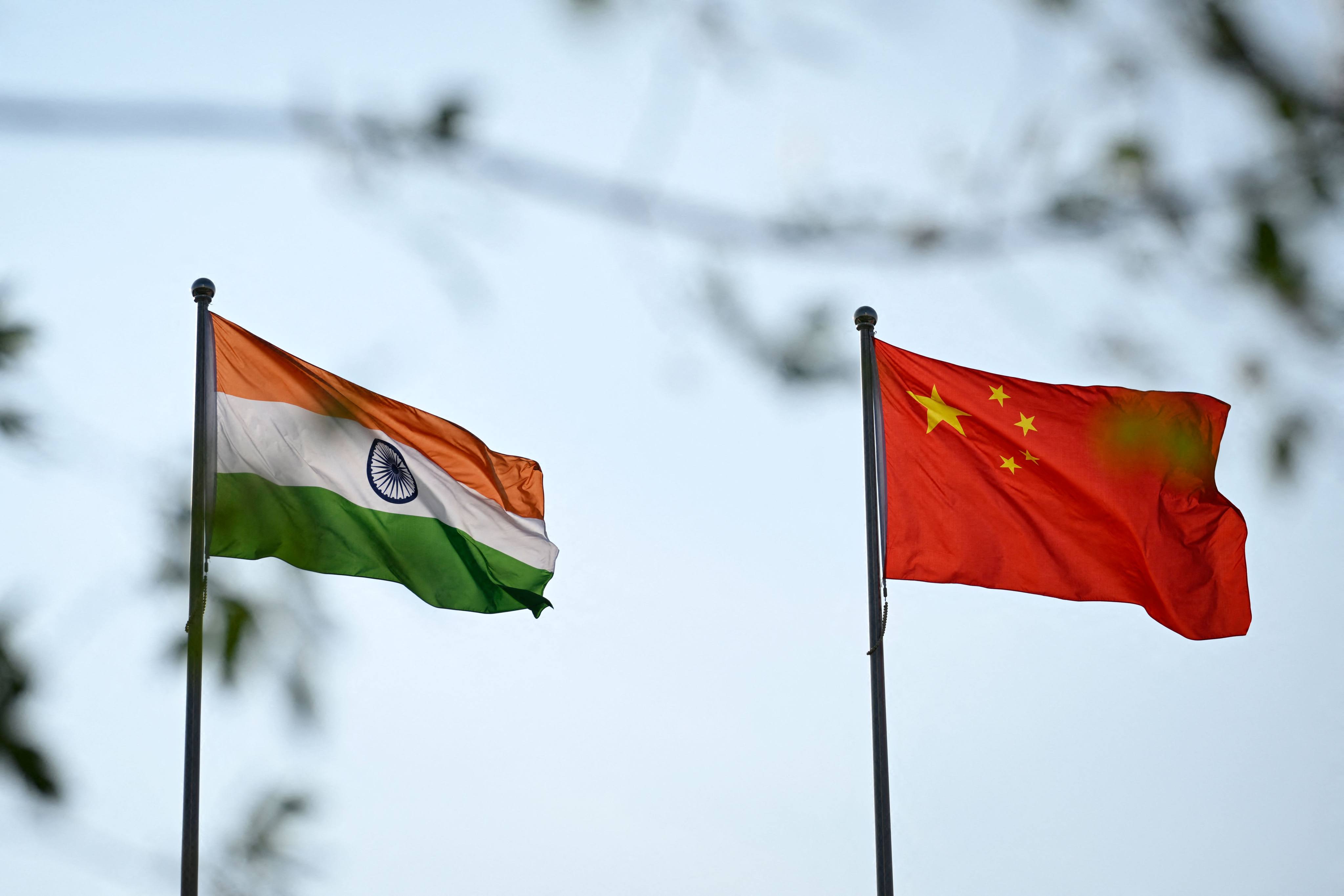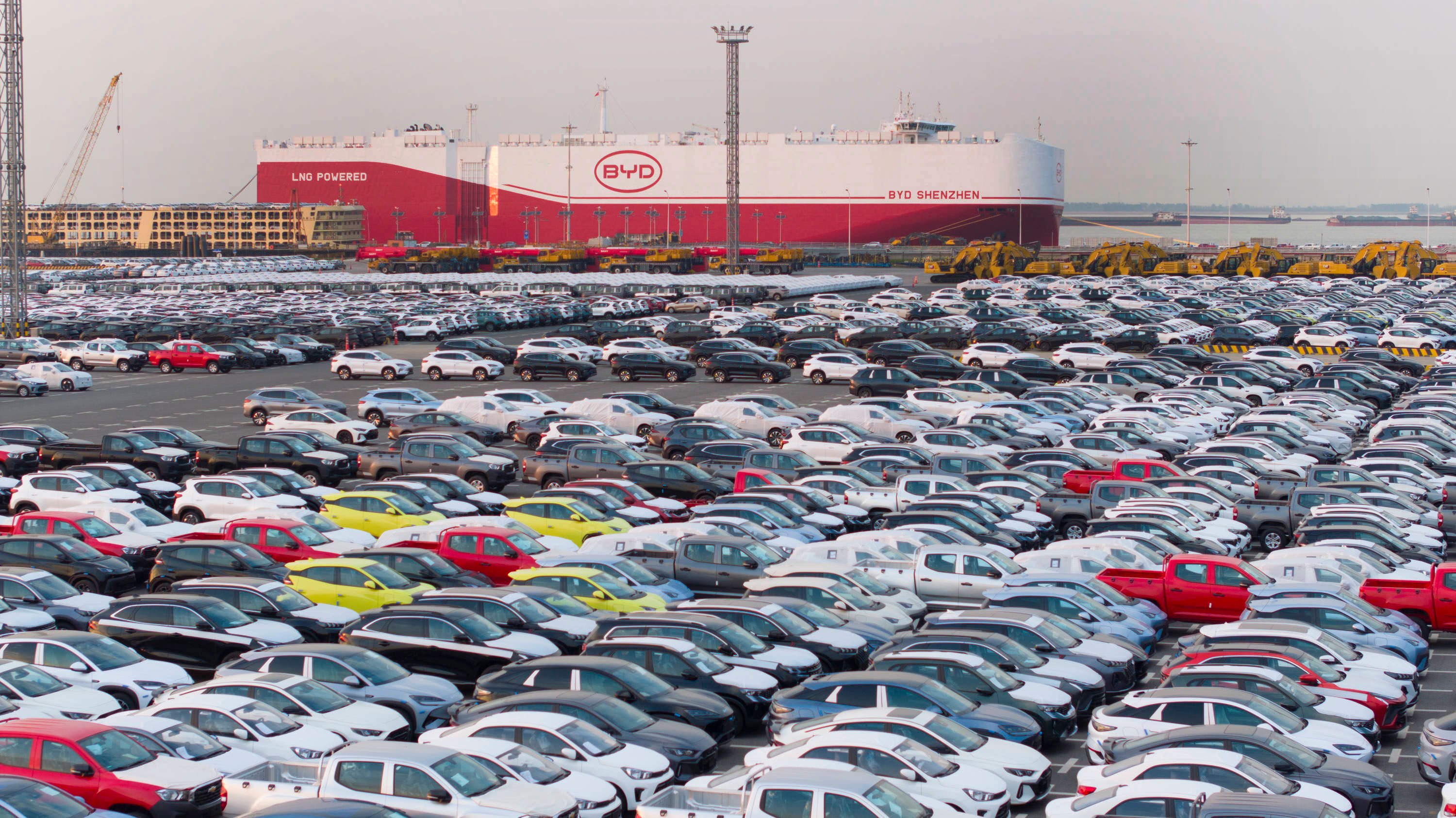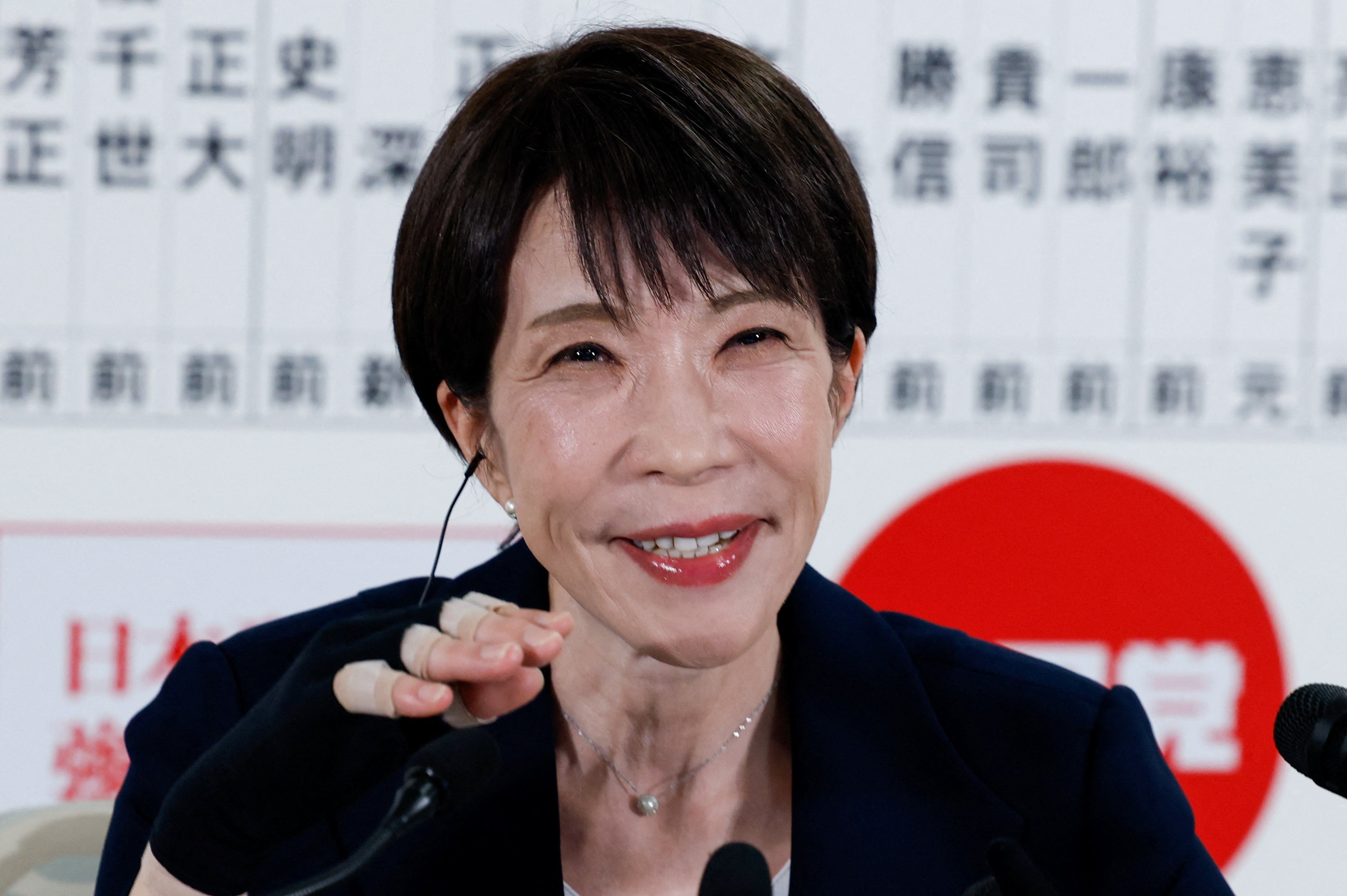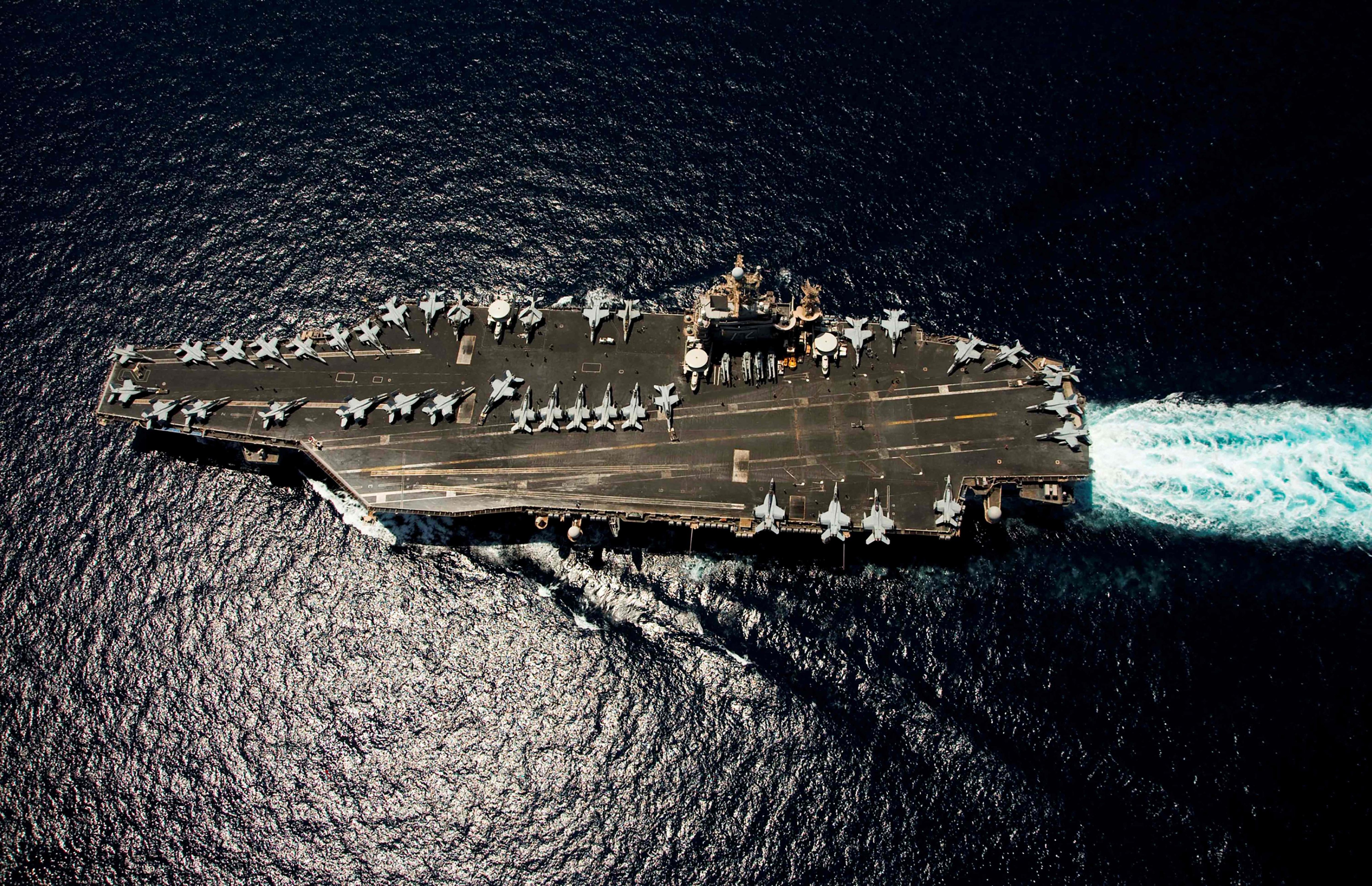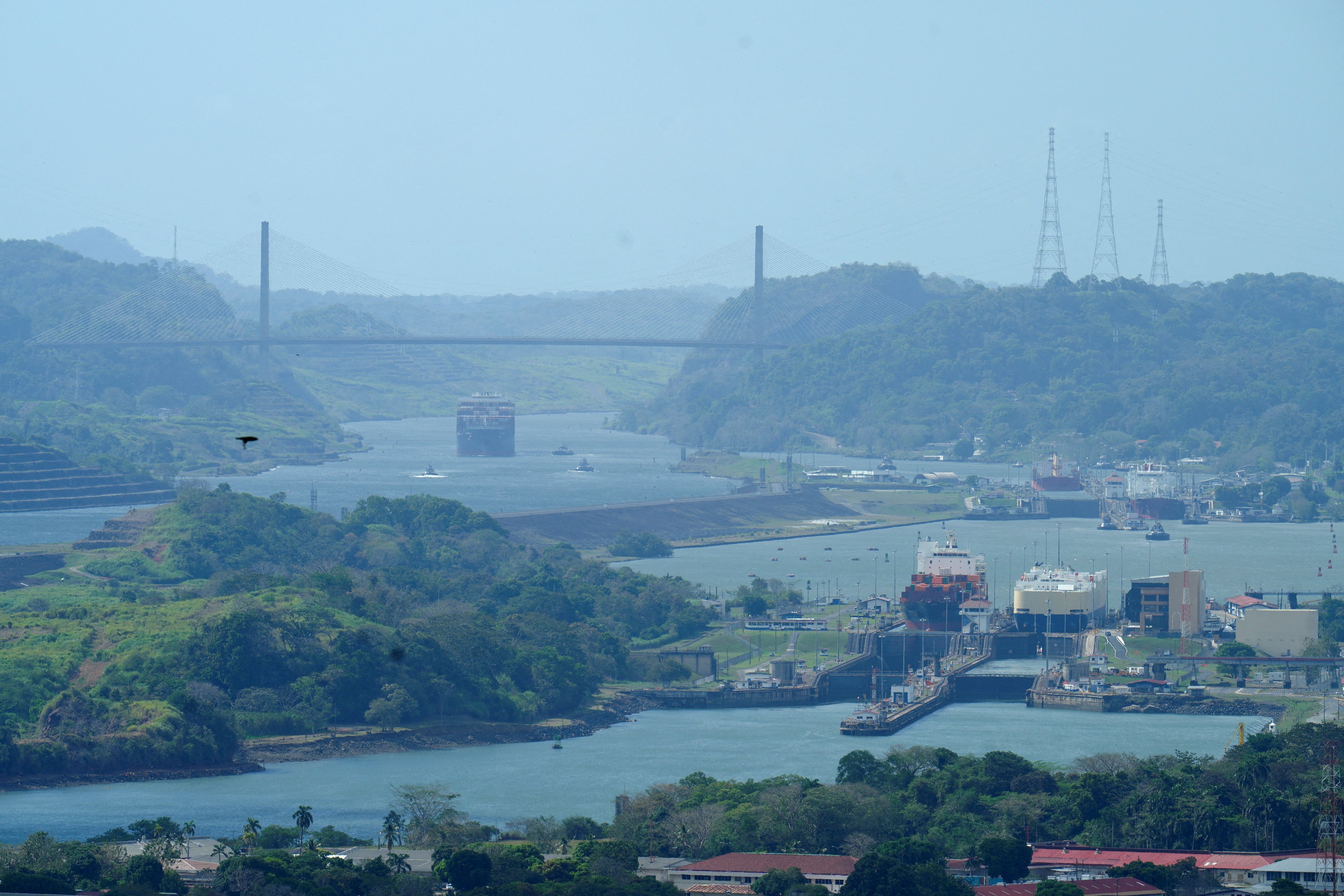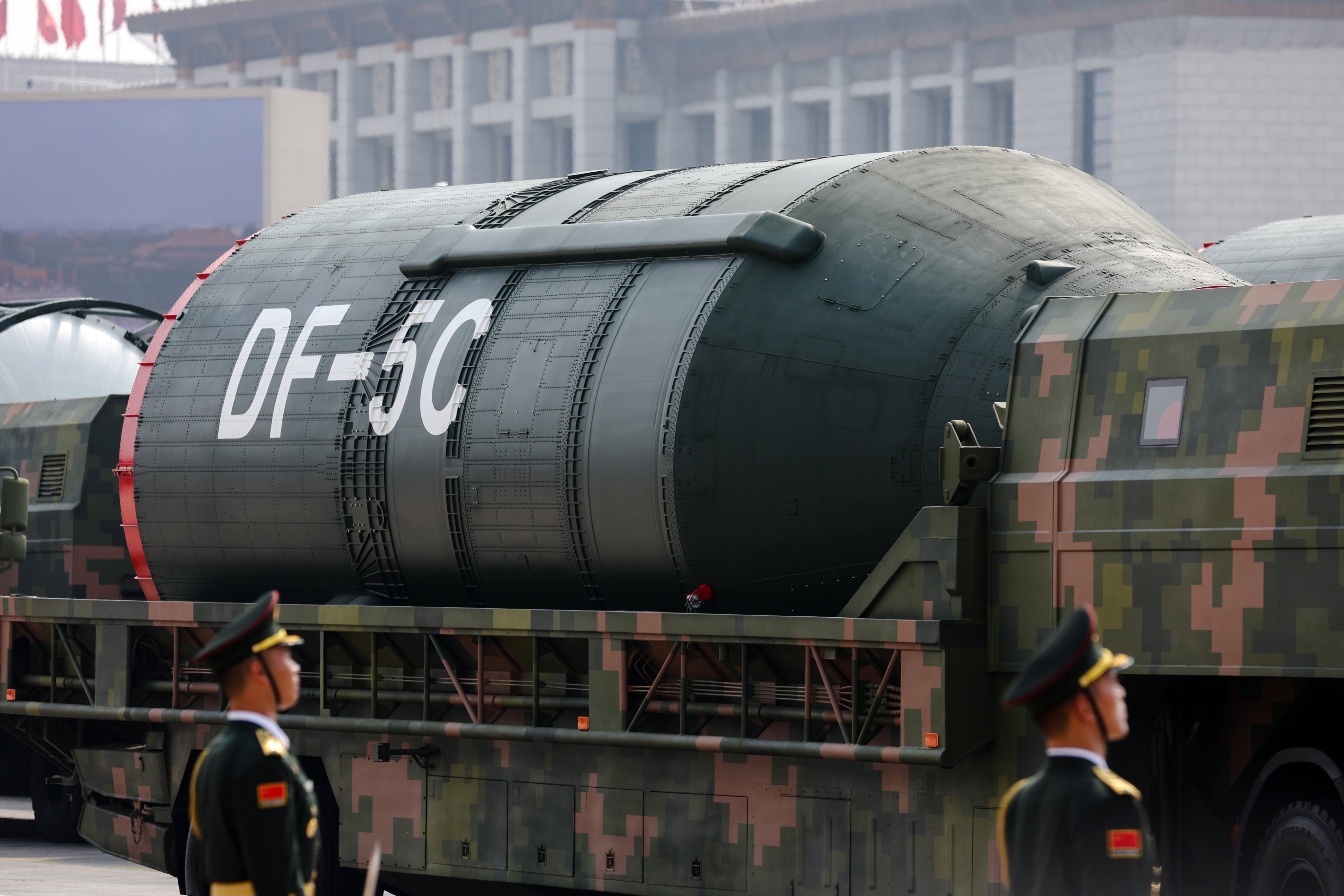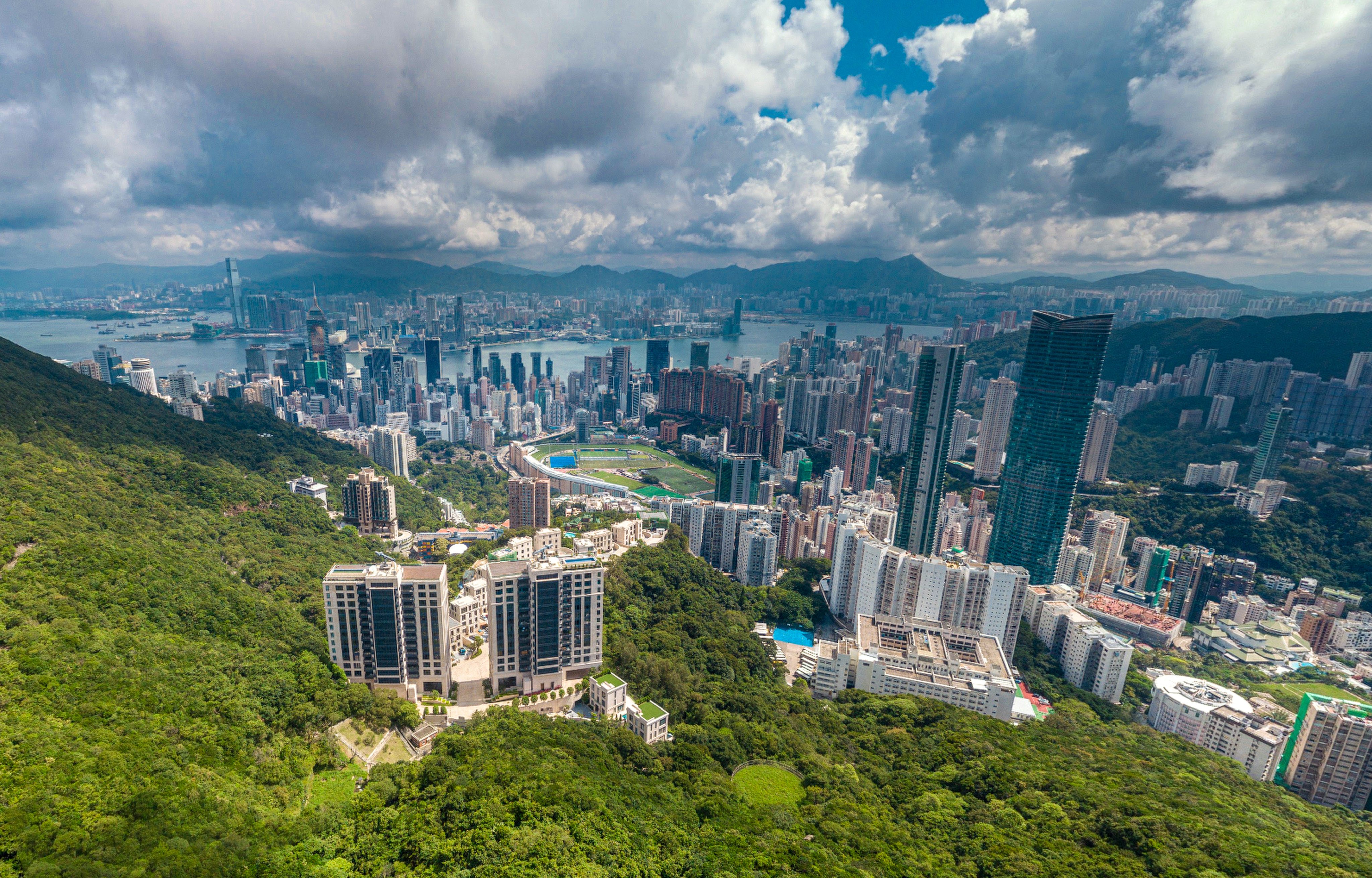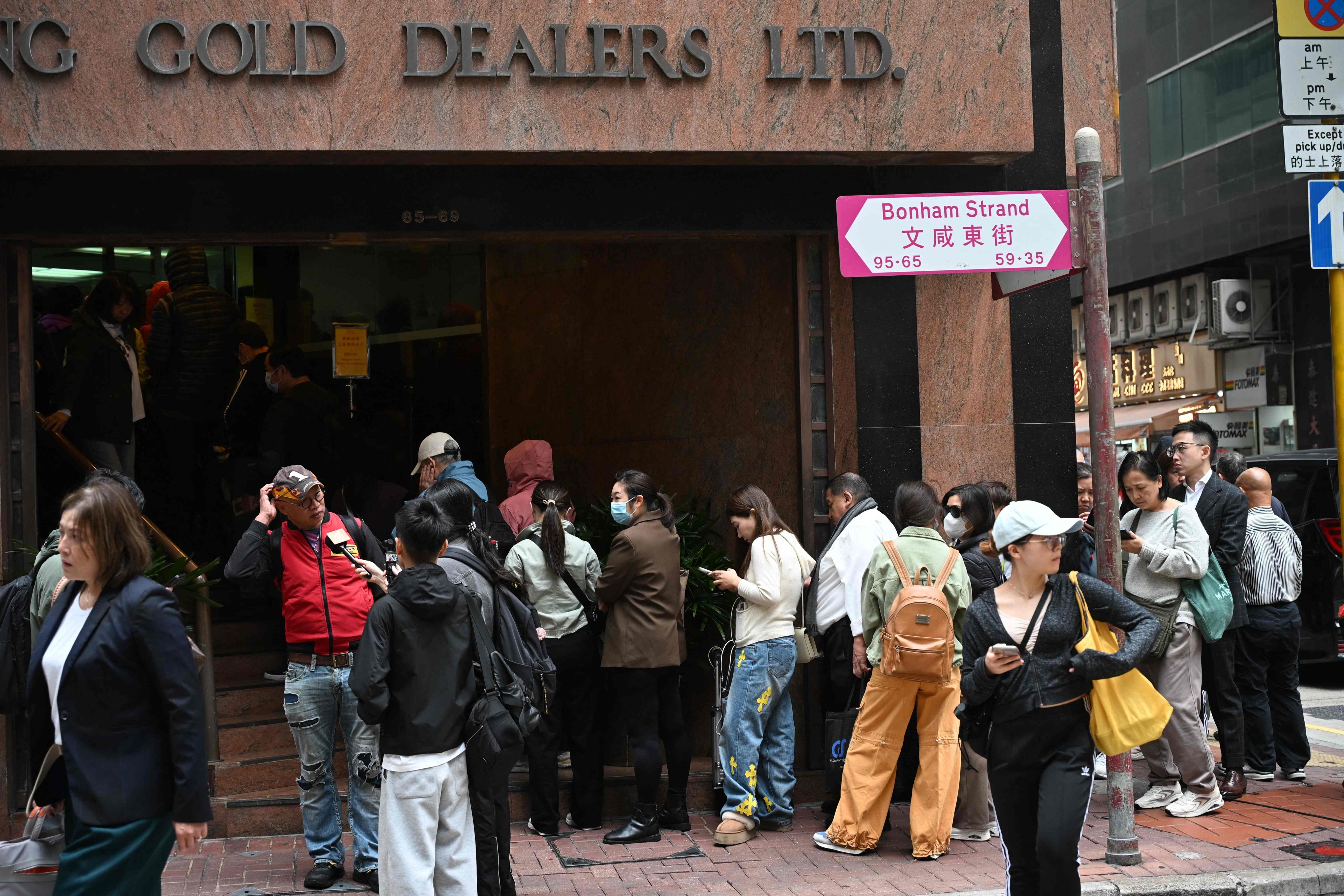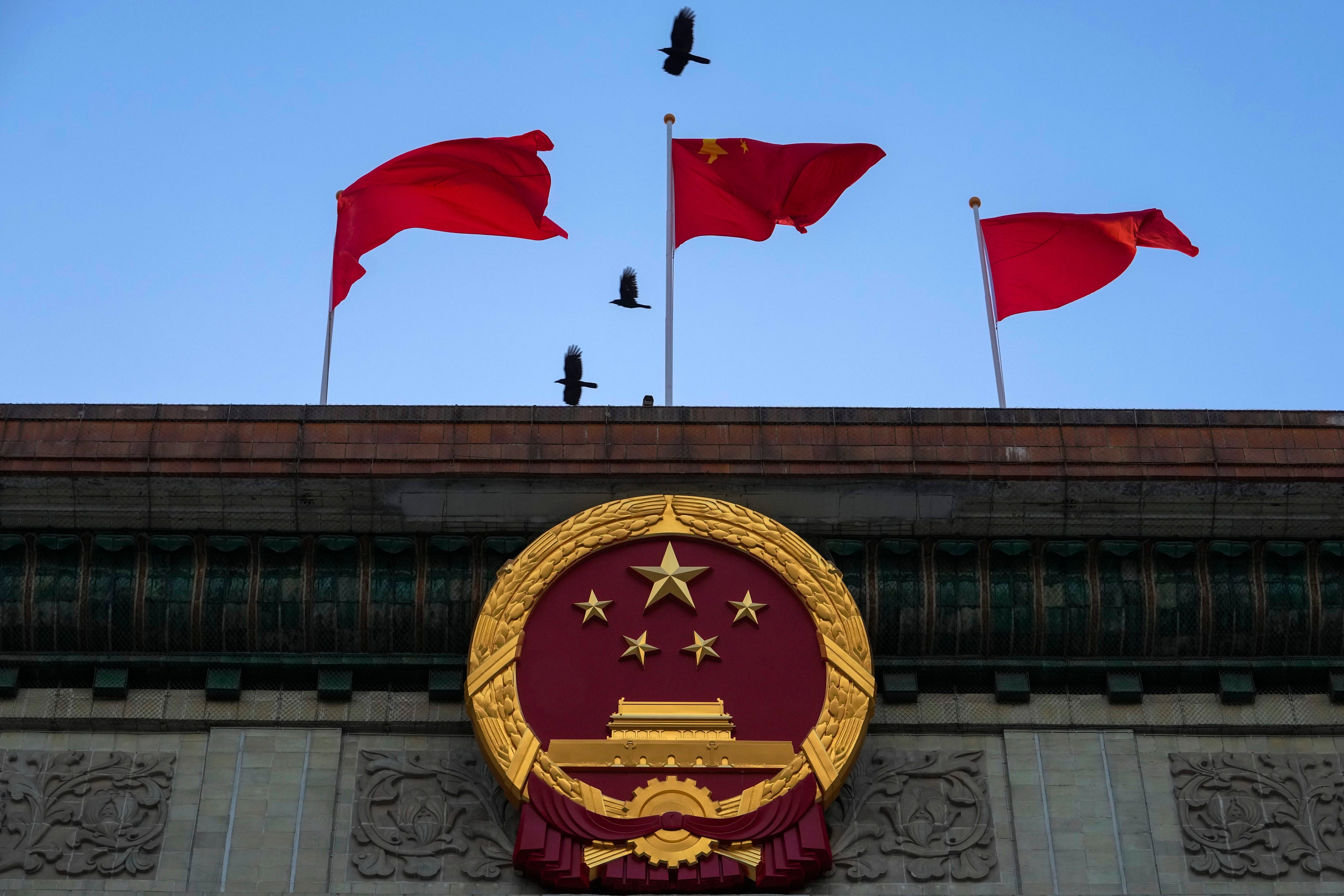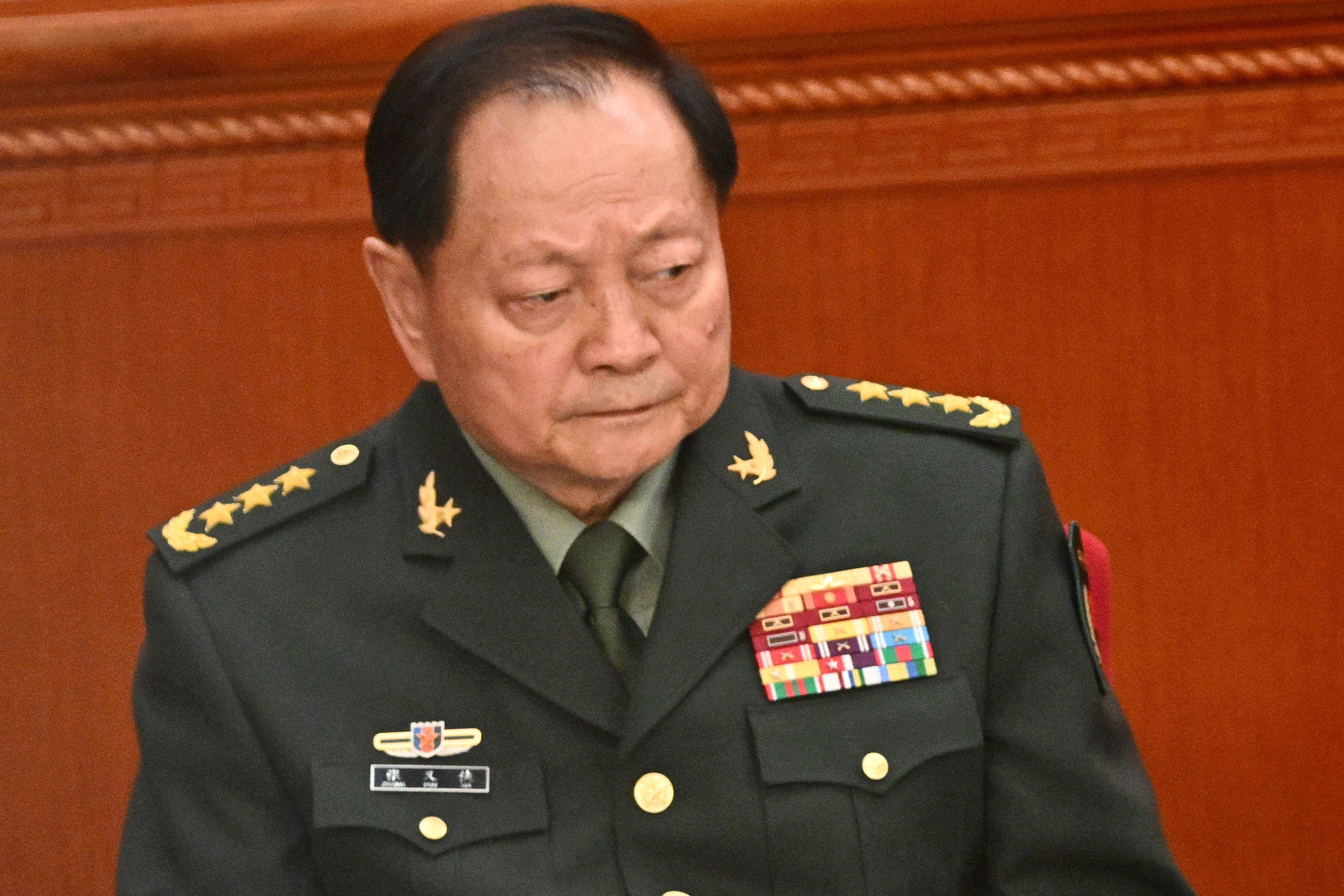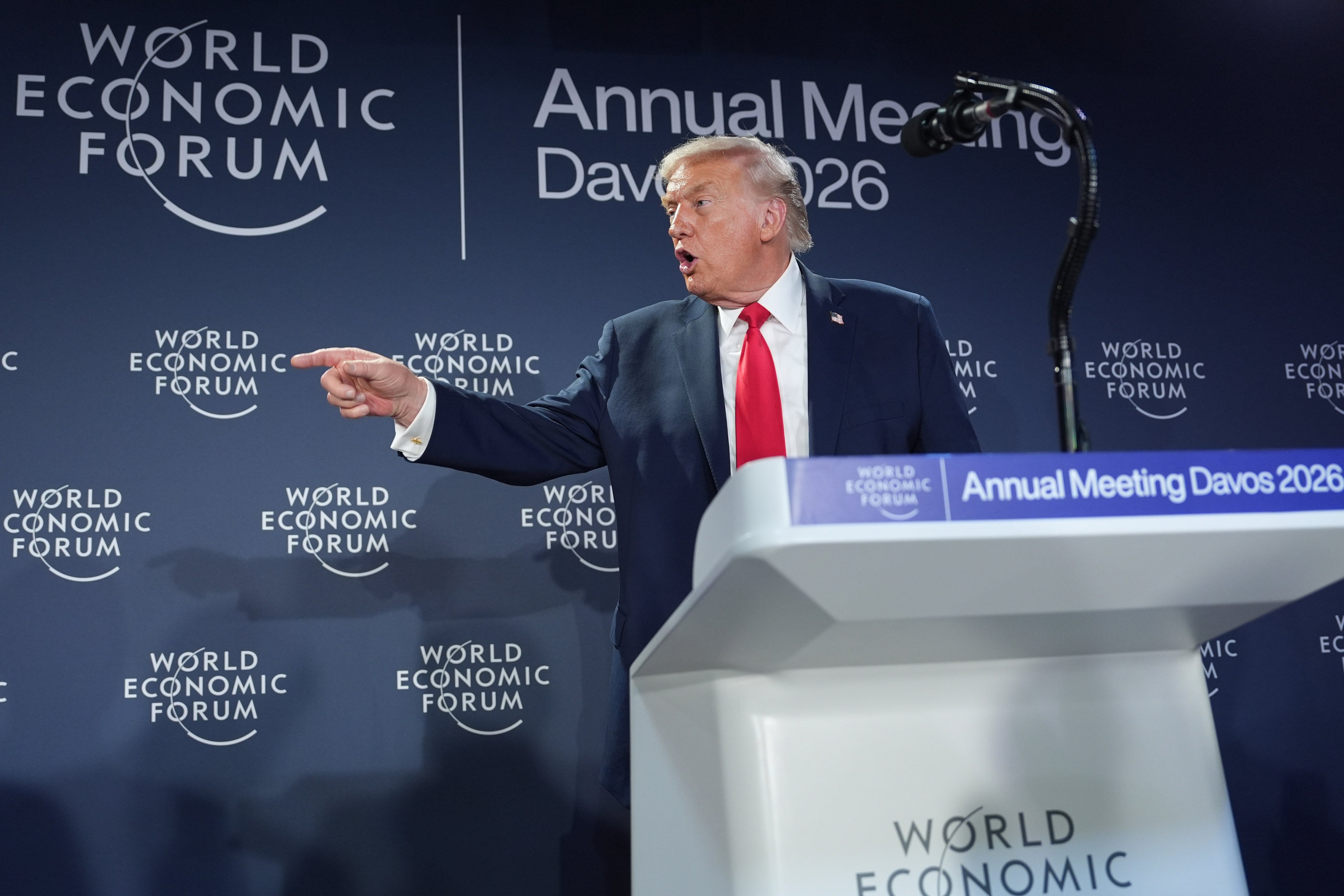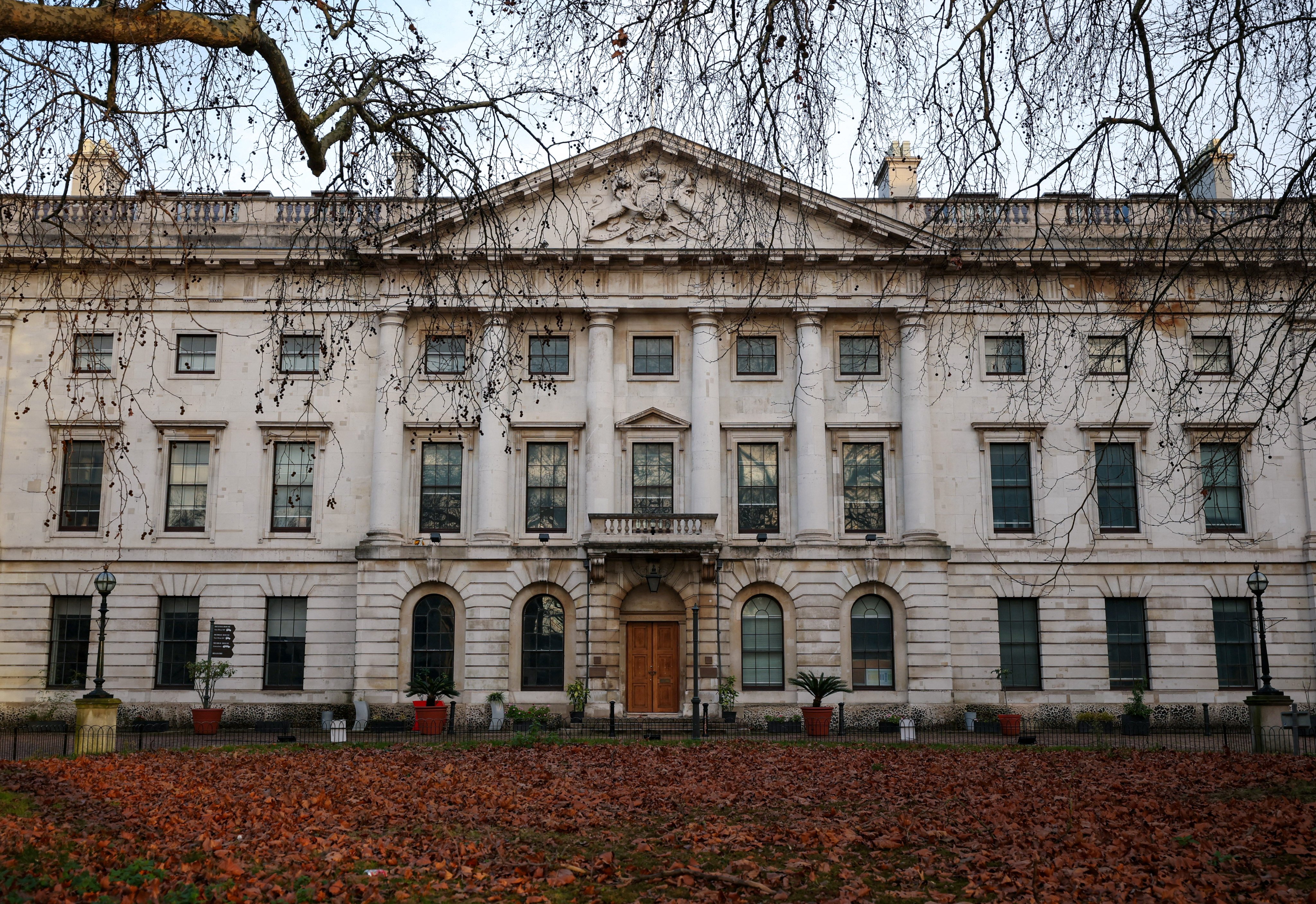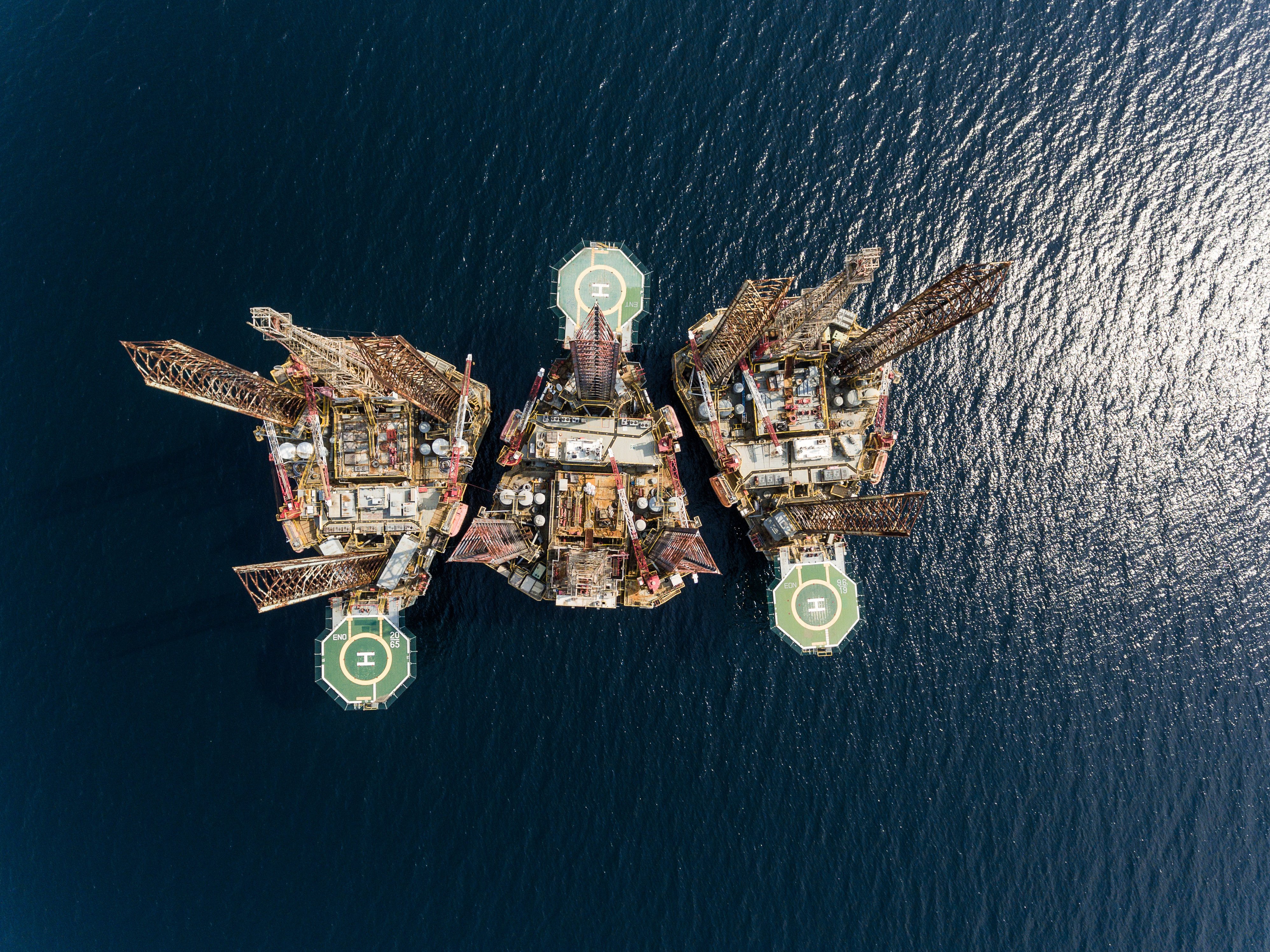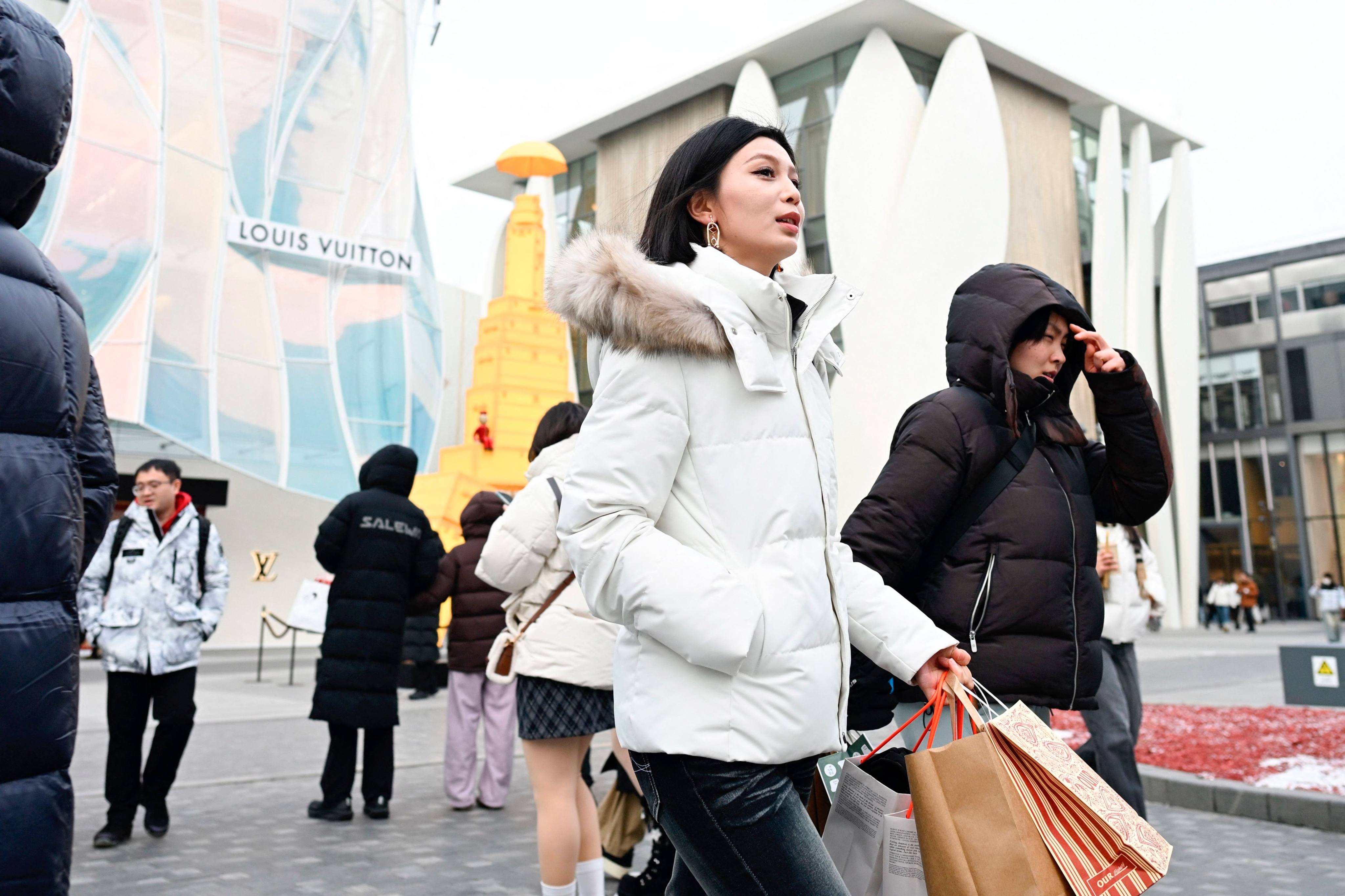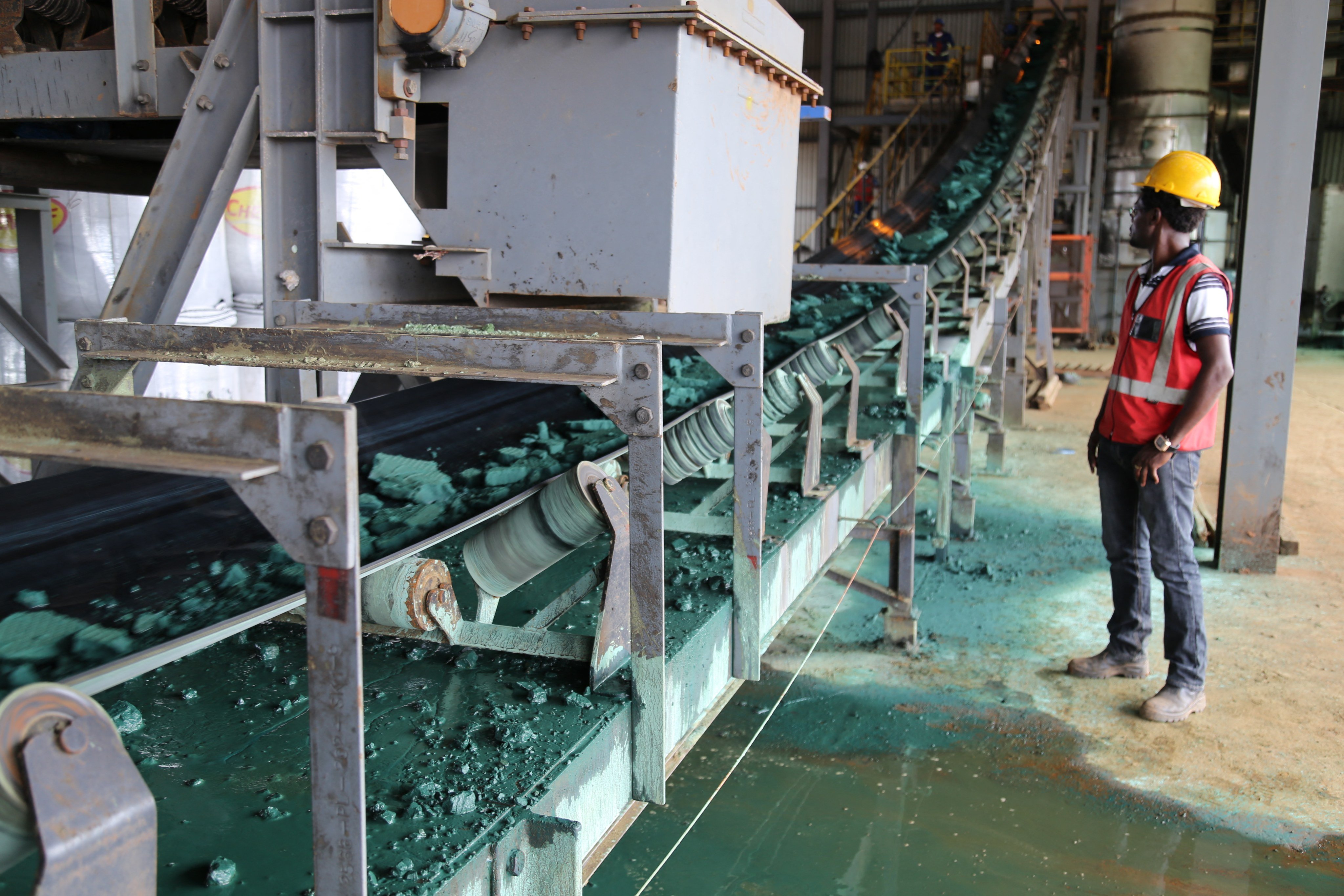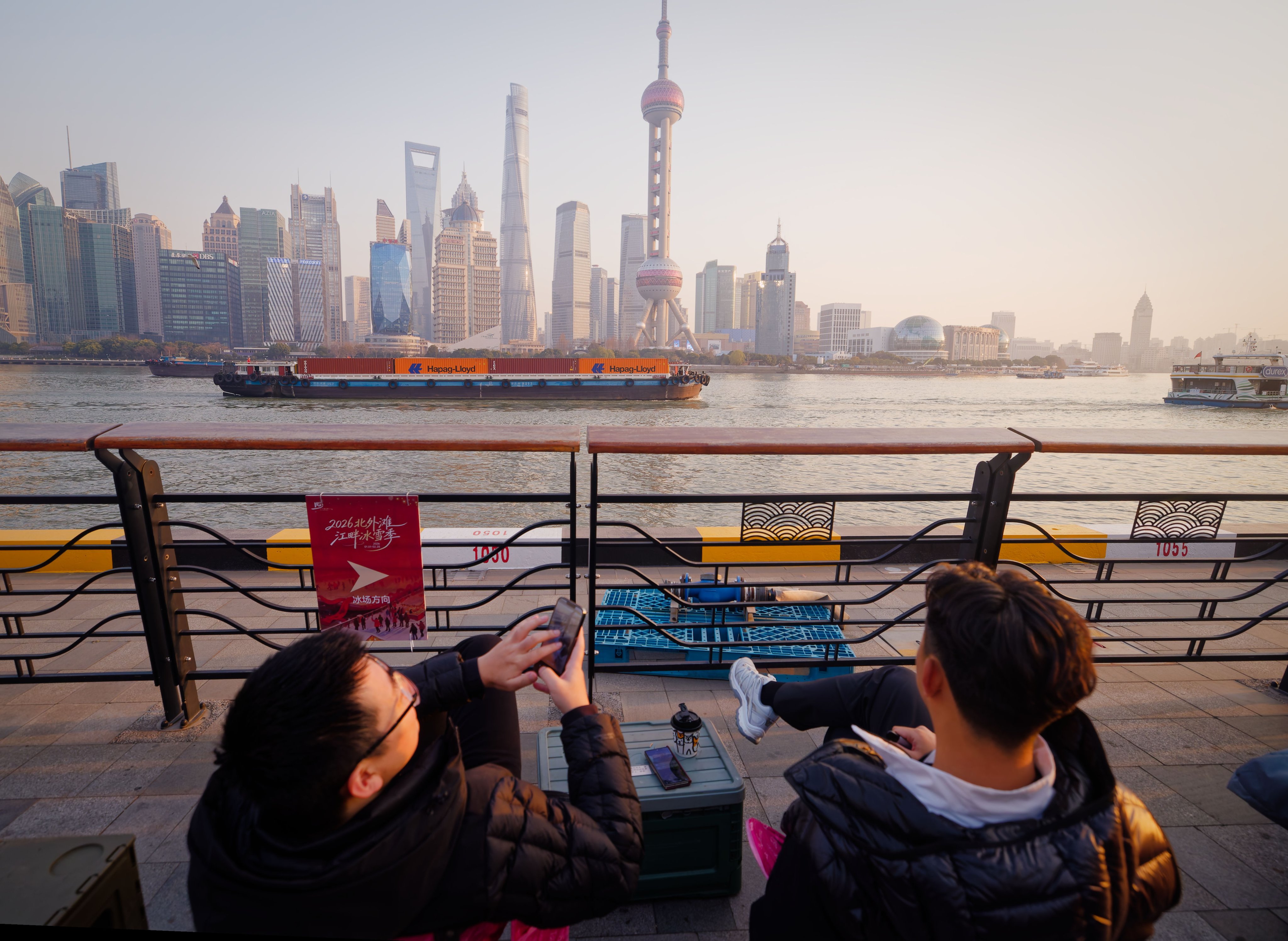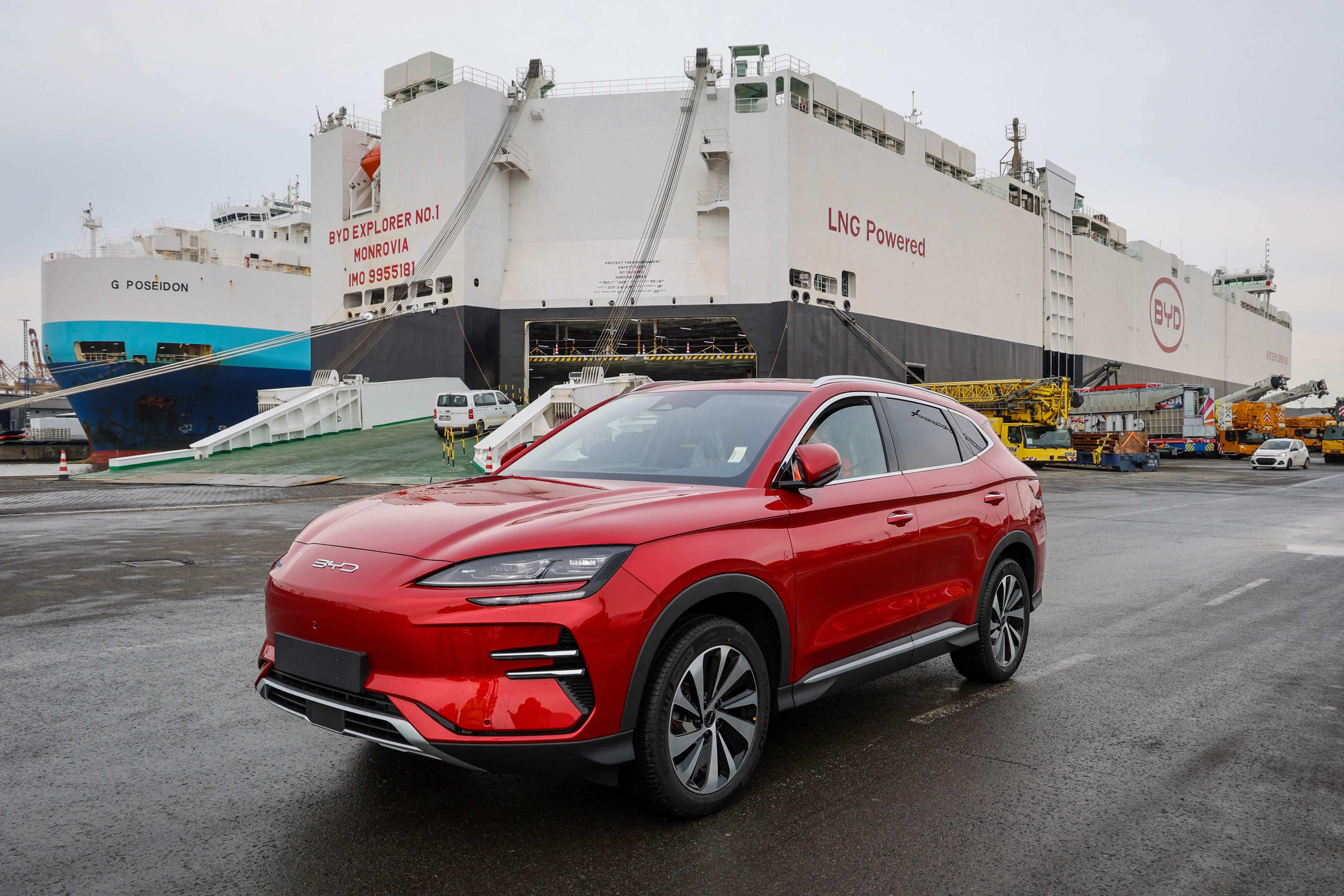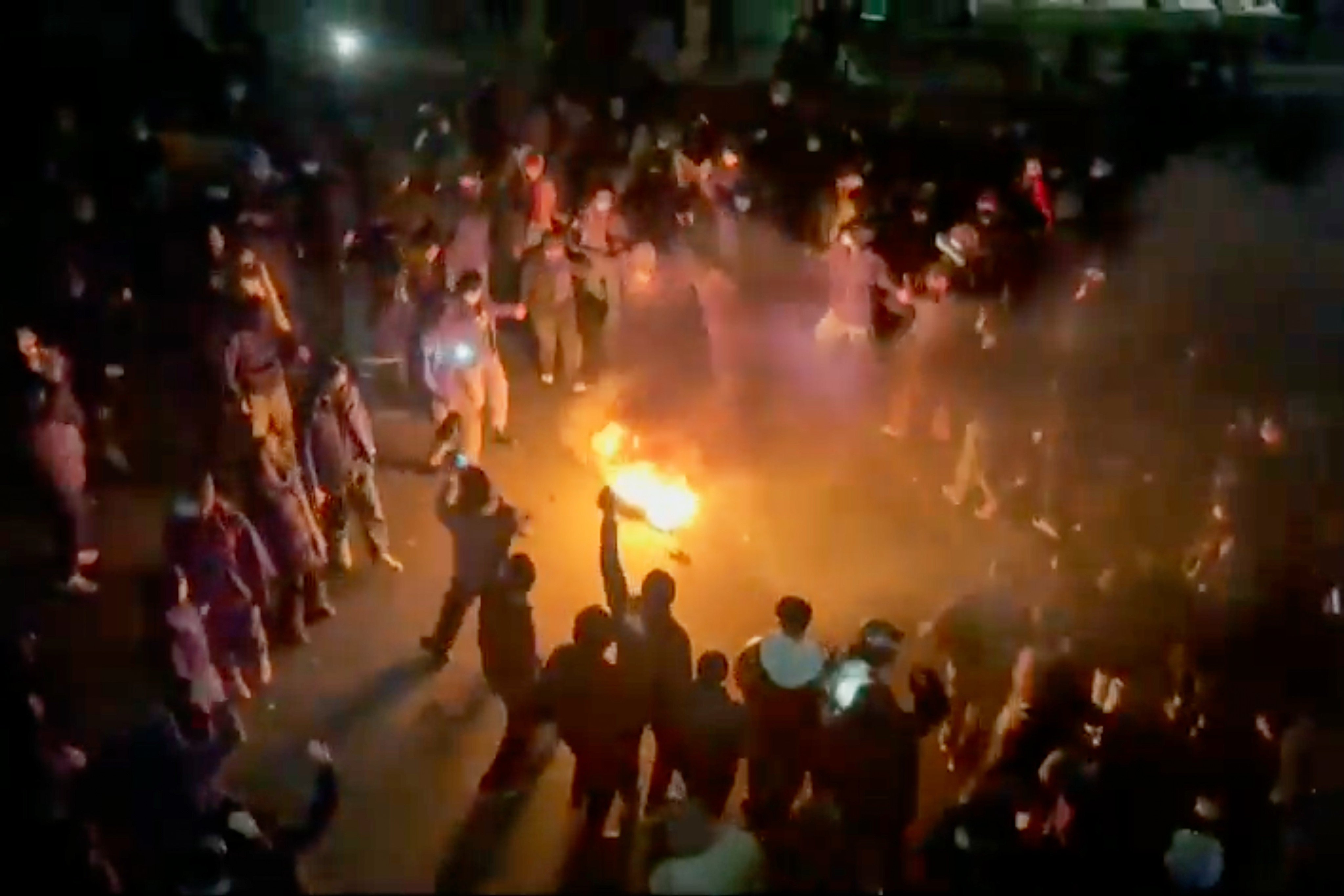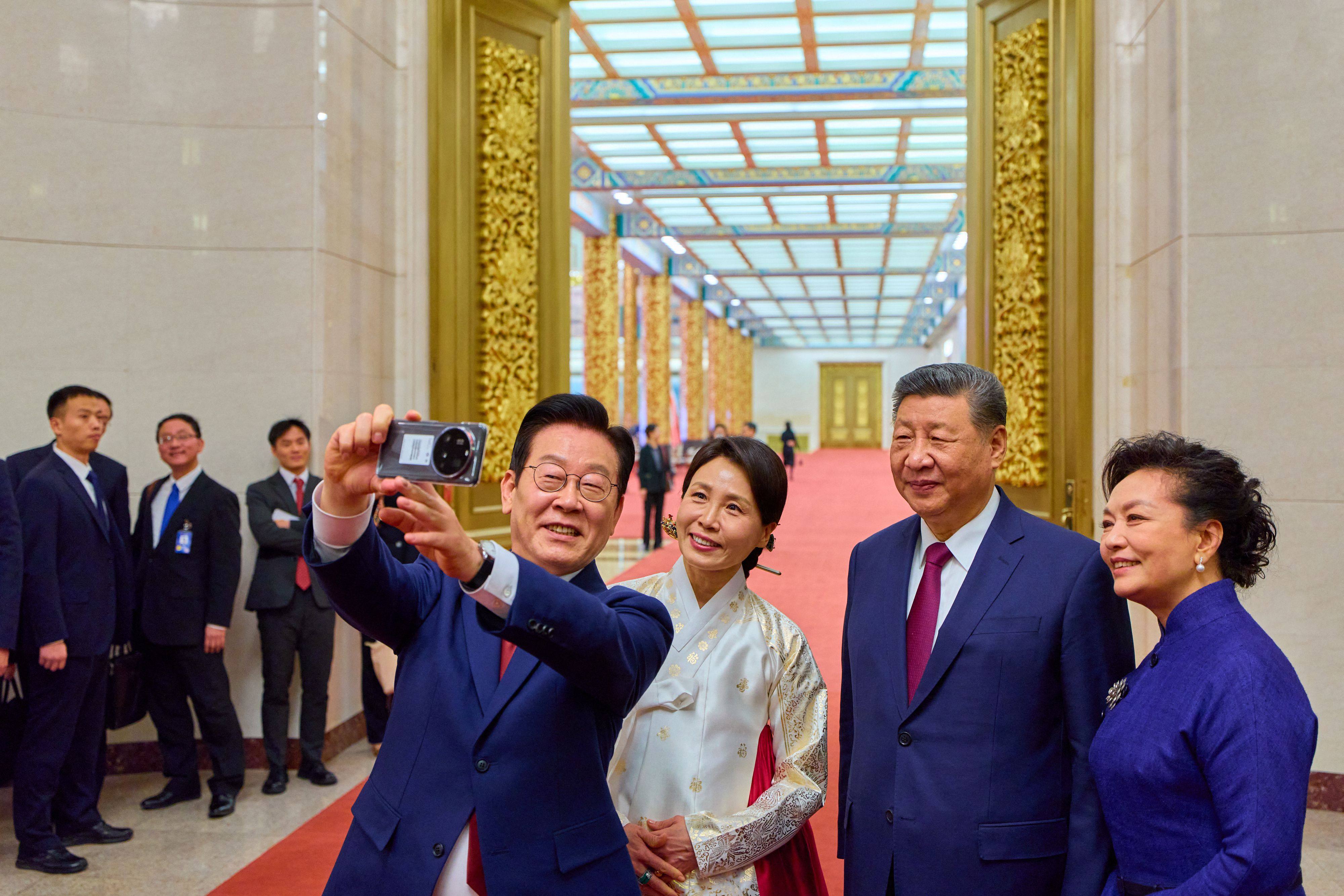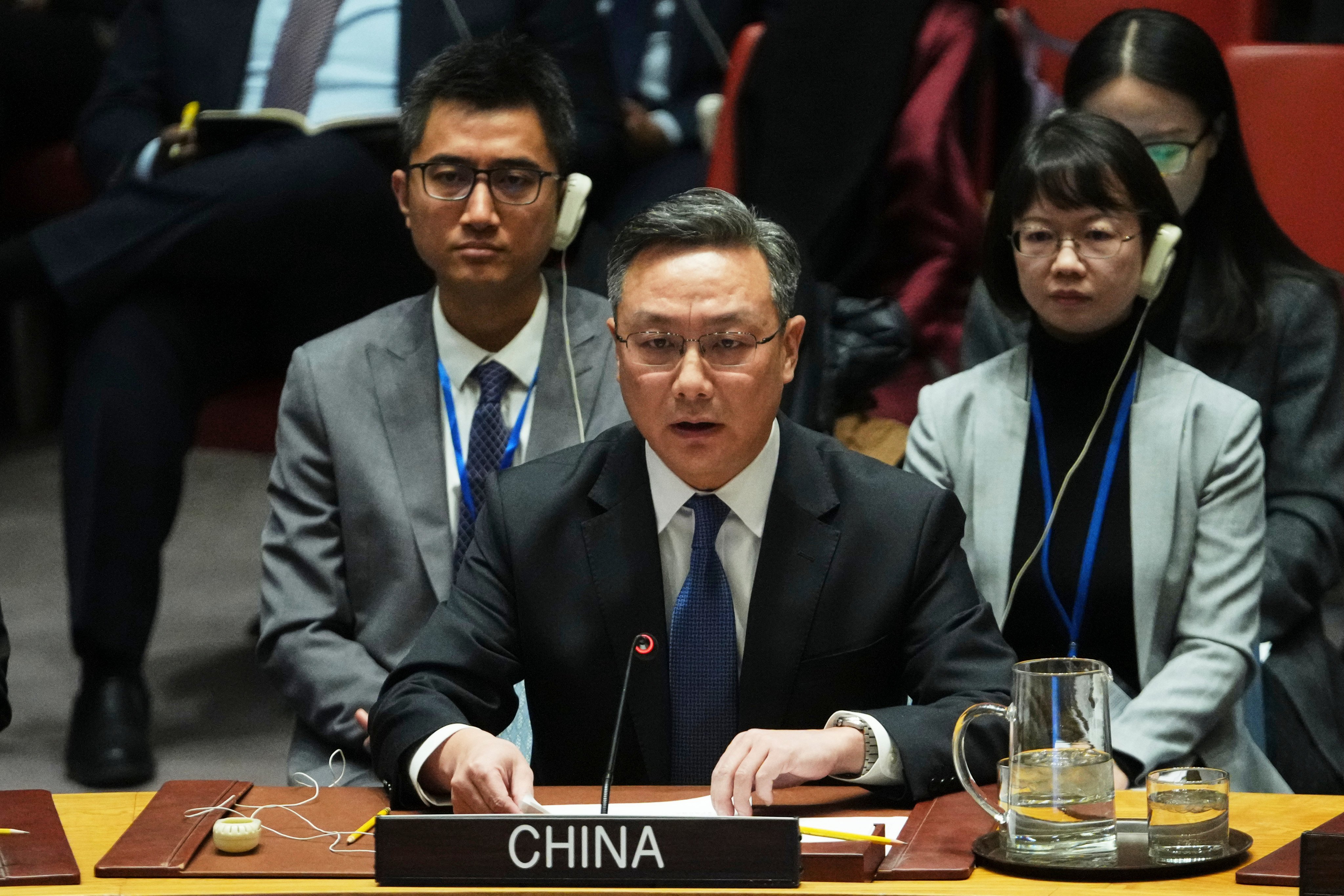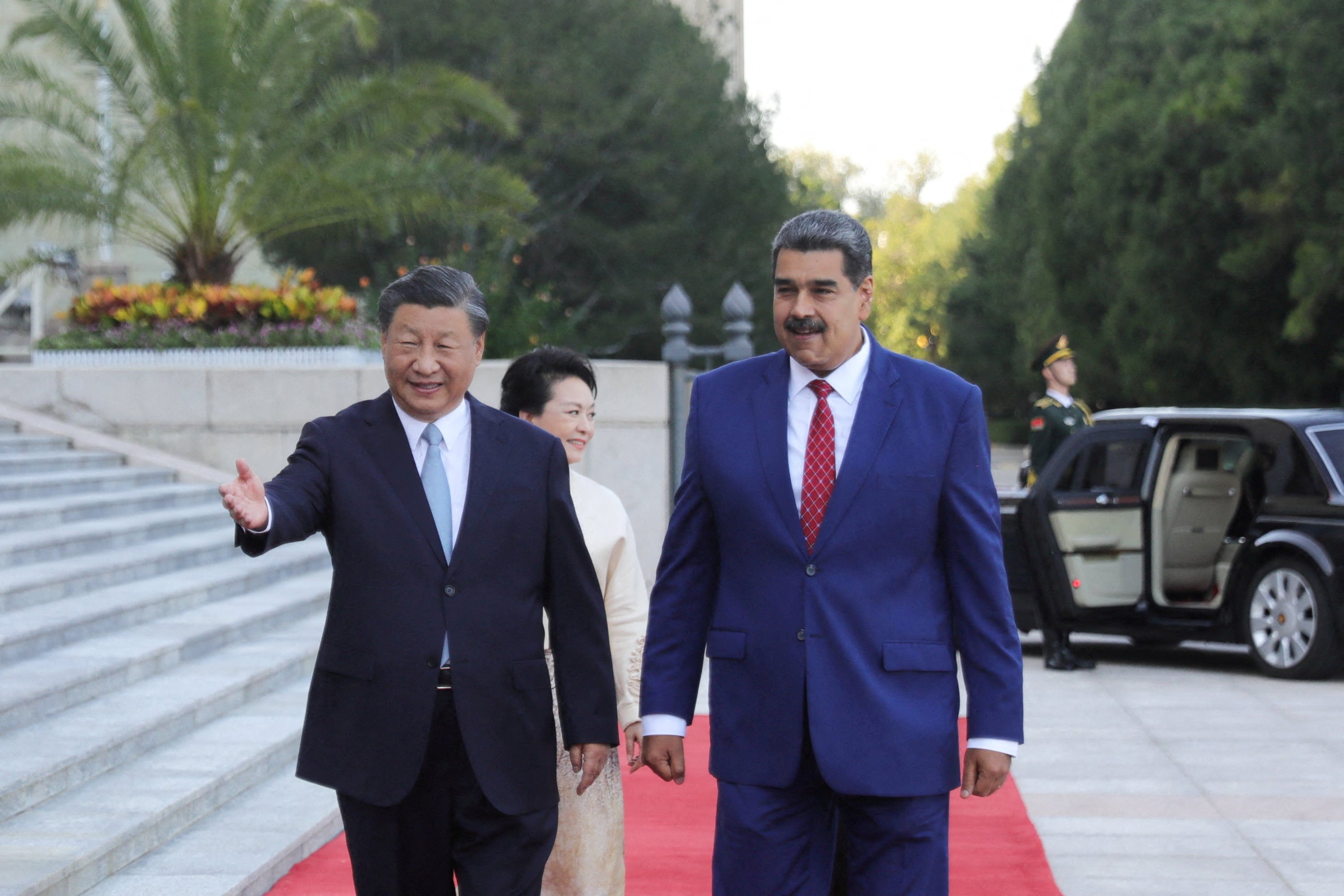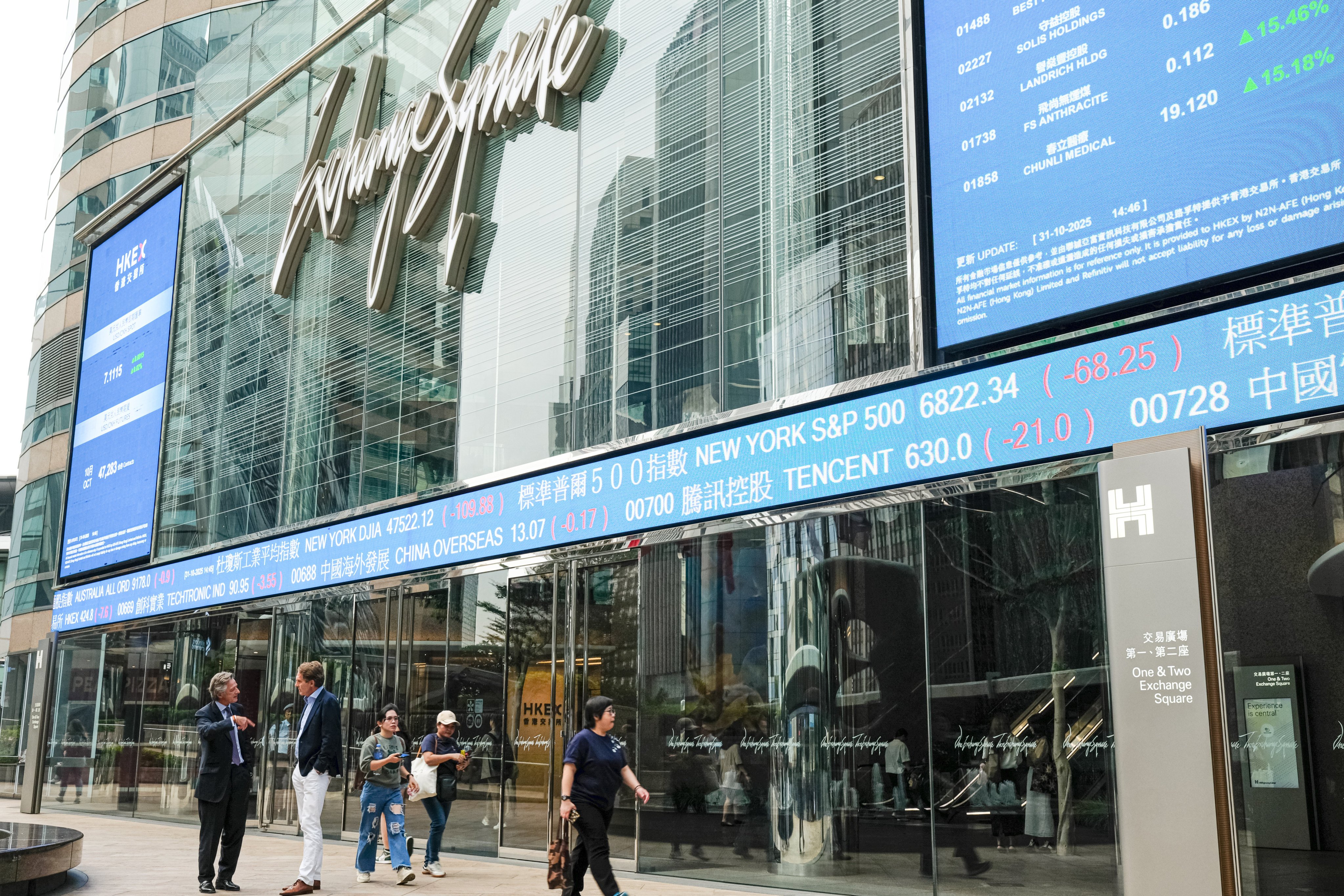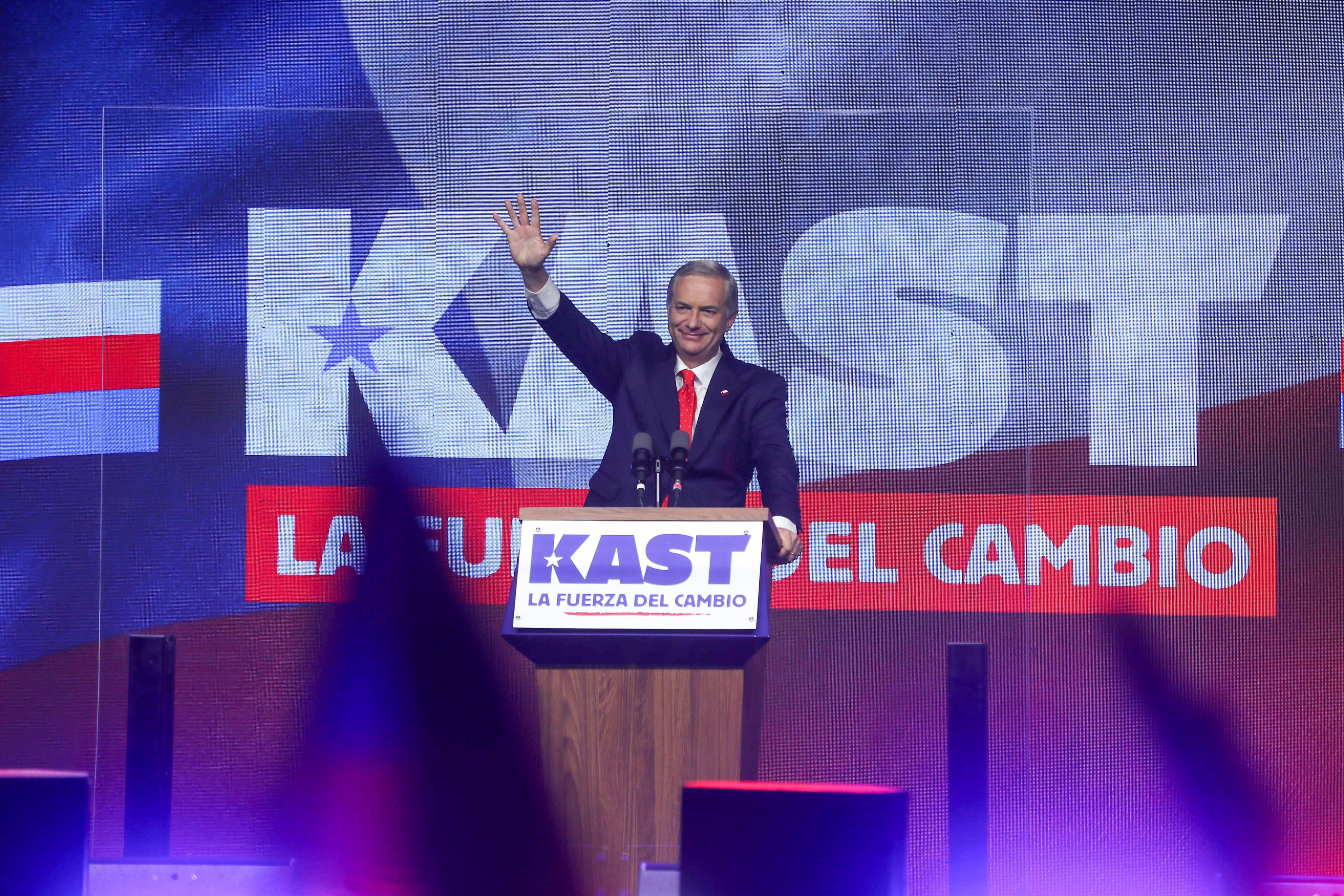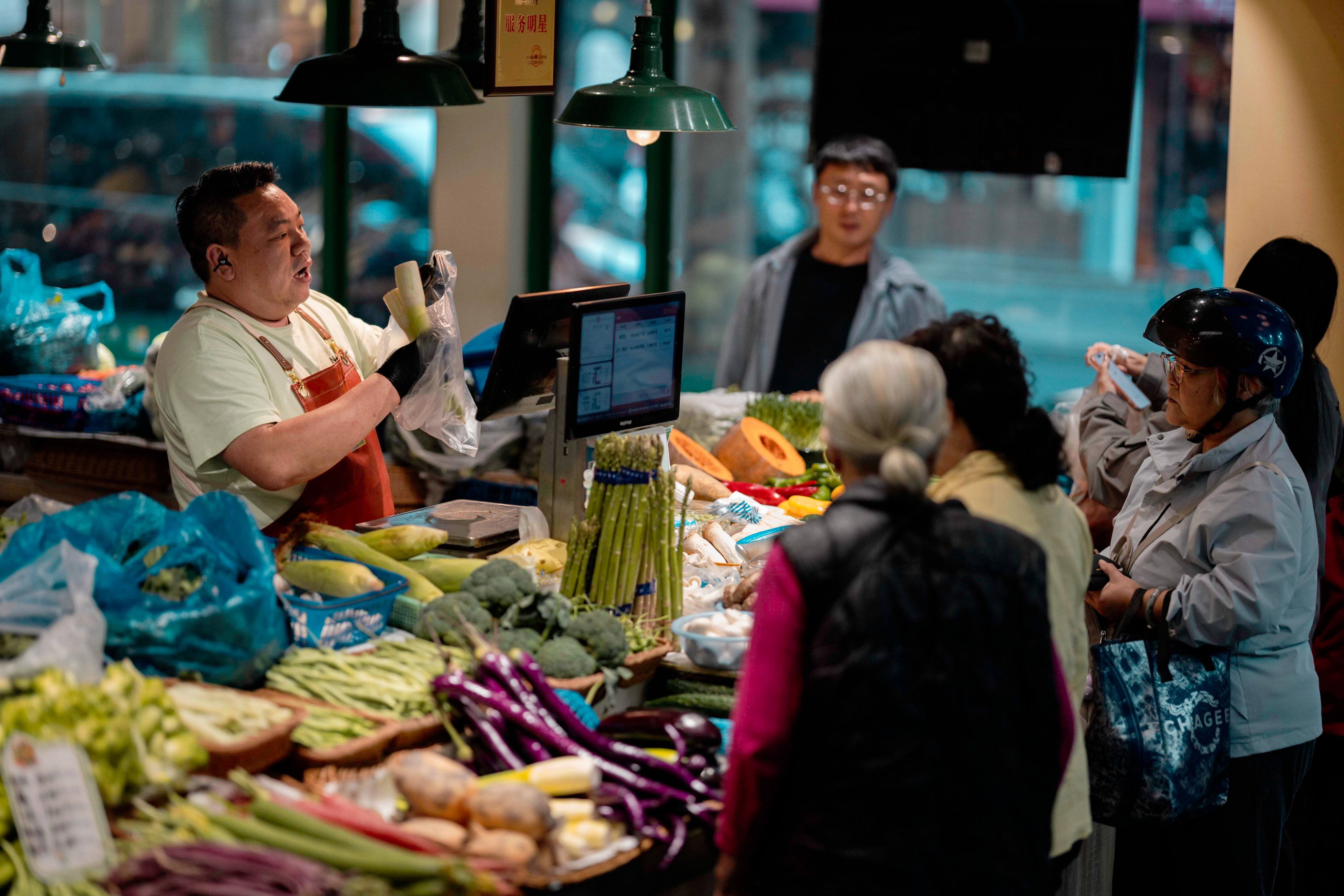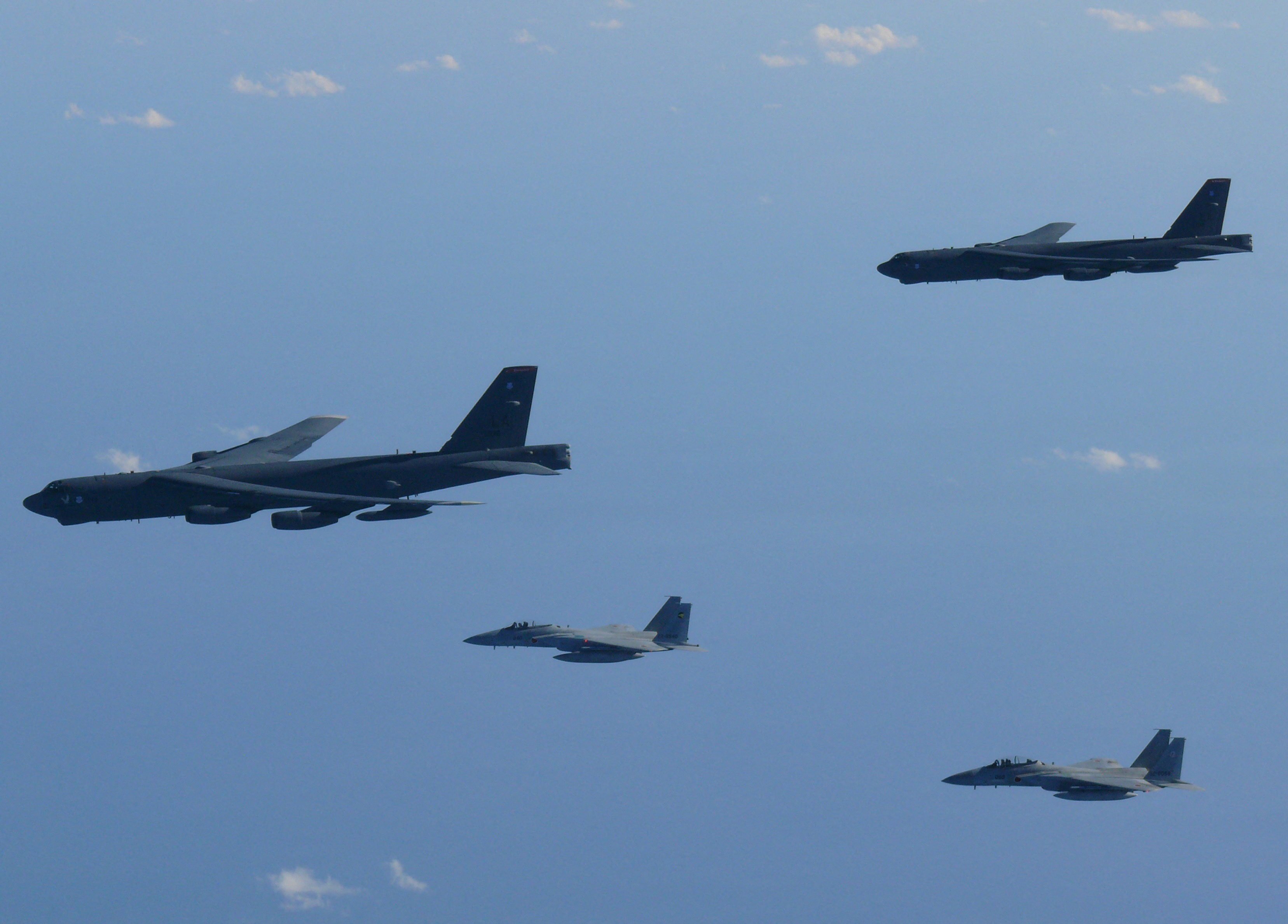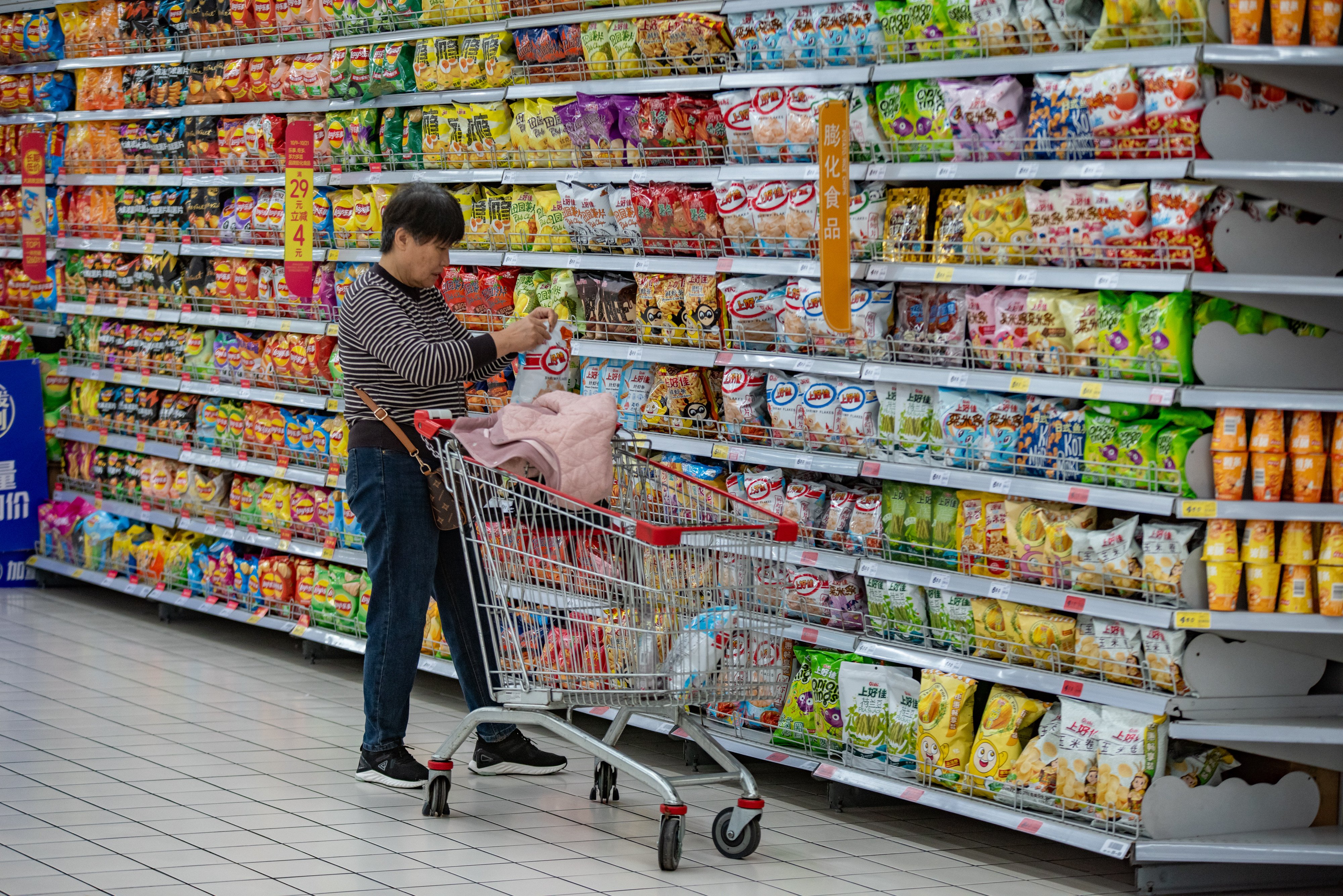Chinese manufacturers will no longer face higher tariffs than rivals elsewhere in the world after the US Supreme Court ruled against President Donald Trump.
The United States and China are both looking to maintain stable trade ties in the short term, while moving to pare reliance on each other over the longer run.
New talks between India and China reflect the two Asian giants’ mutual efforts to bolster ties and reshape the global order.
EV price wars are heating up again in China as the end of stimulus measures dampens domestic demand.
Japanese Prime Minister Sanae Takaichi won a supermajority in the nation’s lower house, even after comments about Taiwan triggered economic reprisals from China.
Iran was among the topics Xi Jinping discussed with his US and Russian counterparts in separate calls on Wednesday ahead of new diplomatic efforts to end the country’s nuclear programme.
China pushed back after Panama stripped CK Hutchison of two Panama Canal ports as Beijing contends with more active US competition in Latin America.
President Xi Jinping plans to further expand China’s nuclear weapons stockpile, while caps on US and Russian deployments end this week.
A booming IPO market, lower interest rates and the return of overseas visitors are boosting Hong Kong’s economy, stock market and Exchange Fund.
The US president’s support for a weaker dollar has helped fuel gold’s gains this year, along with purchases by central banks and retail investors, including in China.
UK Prime Minister Keir Starmer will be the fifth world leader to visit China this month, as nations seek to increase trade and hedge their reliance on the US.
The seven-seat Central Military Commission now only has two active members after the downfall of vice-chairman Zhang Youxia and fellow general Liu Zhenli.
The US president has dropped threats to invade the Danish island, which he has said America ‘needs’ for national security.
UK Prime Minister Keir Starmer may soon visit Beijing after approving a controversial new Chinese embassy in London, making him the next world leader to face the challenge of balancing relations with China and the US.
A 75 per cent boom in China’s Belt and Road Initiative last year will help lock in resources for the energy transition and AI rush, as well as extending the country’s global reach.
Lost momentum, weak domestic demand and high yardsticks point to a challenging year ahead for the Chinese economy.
The US president’s new global deal-making drive kick-starts what is likely to be a years-long effort to pare reliance on Chinese critical minerals.
Chinese exporters brushed off the US trade war in 2025, partly by finding new markets, while lower oil prices and investments in renewable power kept imports flat amid economic growth.
The EU will waive tariffs on China-made battery electric vehicles if carmakers set a minimum price that offsets the effect of subsidies.
The US president’s suggestion of potential intervention in Iran after the fatal suppression of protests adds new jeopardy to China’s oil imports.
A review of Facebook owner Meta’s plan to buy AI agent Manus and a reported move to deter imports of Nvidia H200 chips show that China is moving to shore up both ends of its AI ecosystem amid US competition.
South Korean President Lee Jae Myung’s success in improving relations with China means little when it comes to the issue of North Korea’s nuclear arsenal.
Toppling of President Maduro by US forces splits UN council, undermines international order and sows doubt in Latin American governments about Chinese and Russian support.
The US seizure of Venezuelan President Nicolas Maduro highlights Chinese reliance on oil and gas imports and will fuel Beijing’s drive to build up renewable energy resources.
Stocks in Hong Kong and China are seen making further gains next year, even as weak consumption and trade risks threaten economic growth.
The US is trying to shut China out of Latin America, even as the Asian nation outlines plans to further grow trade and investment in the resource-rich region.
MetaX shares make their debut on Wednesday after a wildly popular IPO as China’s tech self-sufficiency push fuels investor demand for AI-related stocks.
Getting Chinese consumers to open their wallets after property-market losses is a tough task for leaders seeking to reheat the cooling economy – it may also be the only option.
The Japanese and US air forces flew a training mission over the Sea of Japan in wake of complaints from Tokyo about Chinese military activities in the region.
Policymakers meeting in Beijing this week will probably see few reasons for new stimulus measures after China’s economy largely weathered the US trade war.
.JPG?itok=d8NyBJAu&v=1746680259)
